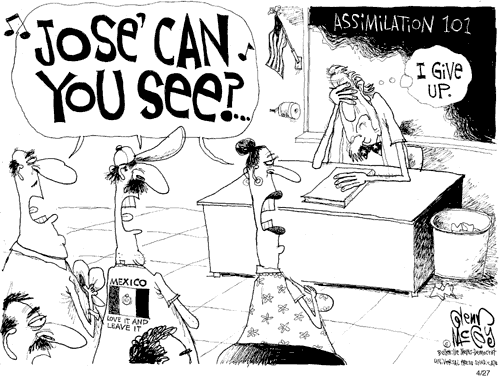Today we studied dyscalculia and EAL (English as an Additional Language - but really you should know that by now!) - specifically barriers to teaching and learning and strategies to overcome them.
 Lots of wonderful discussion and sharing, but one of the most interesting things for me today was Sanju's 10 minute "lesson" to us in Bengali. Essentially she took basic arithmetic concepts and launched straight into a lesson on them entirely in a foreign language. She began by just reciting the numbers, then she wrote them on the board and kept asking us to do sums with them. Despite having a pretty thorough understanding of arithmetic (I know that 3+7=10!), I was pretty thrown by the new words, sounds, letters and questioning. Further, I found that I couldn't say that I was confused because I didn't have the words to do so.
Lots of wonderful discussion and sharing, but one of the most interesting things for me today was Sanju's 10 minute "lesson" to us in Bengali. Essentially she took basic arithmetic concepts and launched straight into a lesson on them entirely in a foreign language. She began by just reciting the numbers, then she wrote them on the board and kept asking us to do sums with them. Despite having a pretty thorough understanding of arithmetic (I know that 3+7=10!), I was pretty thrown by the new words, sounds, letters and questioning. Further, I found that I couldn't say that I was confused because I didn't have the words to do so.During the lesson it was amazing to see the reaction of the class; a good proportion simply gave up on the lesson and completely switched off, whilst the ones that were trying to understand just giggled nervously and stared blankly when questions were asked to them. How many times have I seen this in my own classroom?
I honestly felt totally out of my depth but I did try to understand and even got some of the questions right, but maybe that was just fluke. That was only for 10 minutes though - imagine sitting through days and days of school having a bare minimum comprehension of what is going on...nightmare.
I have loads more respect and understanding for these kids now, particularly since our schools are tough places anyway without having to deal with a strange language and culture, along with all the emotional scars and baggage a lot of them come with.
They gave us lots of ideas to try and help them, but ultimately I feel it's just a case of time and exposure to the language. We were told that once the language kicks in, EAL kids often zoom ahead with their learning. In this sense being EAL isn't so much of a disadvantage since at least it can be "fixed". It's not a quick fix mind, but having heard stories of kids speaking no English at all in Y7 then getting an A* in maths five years later, there's hope there. Sadly there's nothing so simple for the life-long SEN kids; language isn't the only barrier for them.